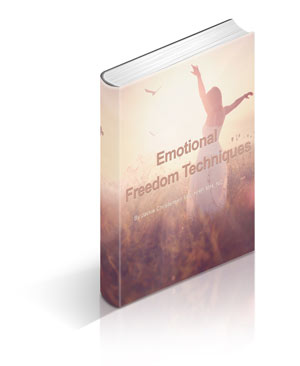Many of the alternative forms of BPA such as Bisphenol-S or BPS are showing to be more toxic than BPA. According to a report in the journal Toxicoloy in Vitro, “In 2011, the European Commission has restricted the use of Bisphenol-A in plastic infant feeding bottles. In response to this restriction, Bisphenol-S is often used as a component of plastic substitutes for the production of baby bottles. One of the major concerns leading to the restriction of Bisphenol-A was its weak estrogenic activity. By using two highly standardized transactivation assays, we could demonstrate that the estrogenic activity of Bisphenol-A and Bisphenol-S is of a comparable potency.”
Outside of BPS’s hormone disrupting qualities it is also showing to be worse for the environment than BPA. Research from GreenMedinfo has reported that BPS is significantly less biodegradable than BPA. The product’s inability to biodegrade is an indicator that once it is engrossed into the human bodies it is much harder for the body to excrete. This over time could impose many more health risks for humans, not only internally but environmentally as well.
The truth is that plastics are a cornucopia of chemicals and should not be used as bottles or containers for foods, drinks, or anything else the human body comes in contact. Don’t be fooled by the BPA-free label. Continue to store your food and water in glass, ceramic or non-plastic containers.
References
Gringard, E., Lapenna, S., & Bremer, S. (2012, August). Weak estrogenic transcriptional activities of Bisphenol A and Bisphenol S. Toxicol In Vitro. Retrieved August 8, 212,
Grossman, E. (2011, April 13). Beyond BPA: Could ‘BPA-Free’ Products Be Just as Unsafe? The Atlantic. Retrieved August 10, 2012, from http://www.theatlantic.com/health/archive/2011/04/beyond-bpa-could-bpa-free-products-be-just-as-unsafe/237246/
